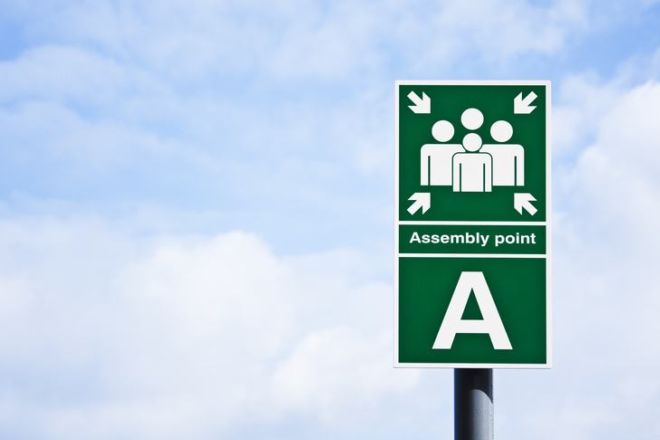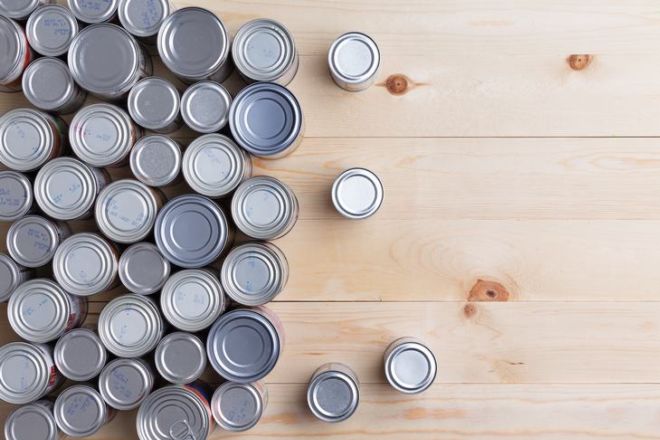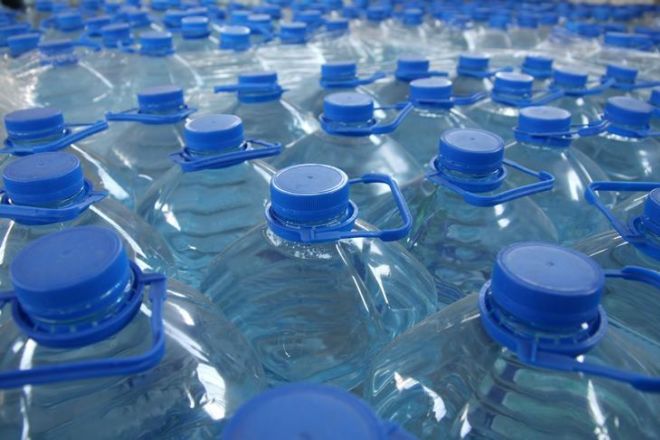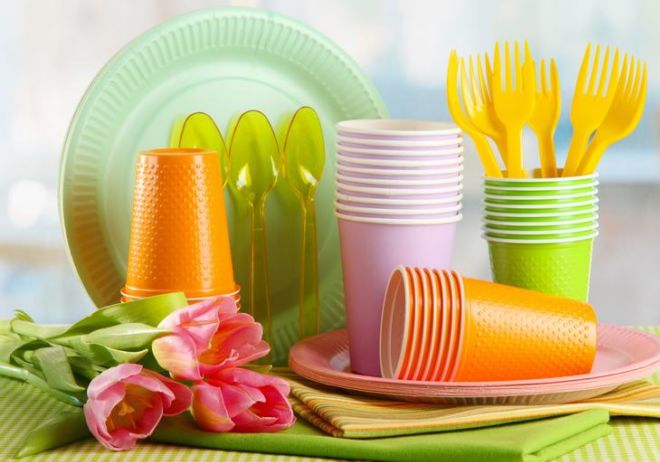14 Important Items To Keep During An Emergency
Posted: Fri Oct 26, 2018 4:26 pm
If you're heading out with children, you need to keep some essential items in hand to ensure a pleasant outing. Below are essential items for your family emergency kid recommended by the American Red Cross and FEMA which will help protect yourself and your family during an emergency.
1. A prearranged meeting place

While technically not included in the kit, communication is the first thing to take into consideration when preparing for an emergency. During a natural disaster or a terrorist attack, cell phone signals and landlines can be jammed or out of order. In which case, it is ideal to have a prearranged spot where everyone in the family knows to meet. It may be somewhere close to the children's school or at a centrally located family member's house. Just in case be sure to keep a contact sheet of important numbers.
2. A favorite toy or stuffed animal
It's not only about the clinical items that you will need to keep your family alive. You will also need to think about comfort and security. In the event of an emergency, grab a nearby toy to throw in your kit. This will hopefully keep kids distracted.
3. Nonperishable food

FEMA advises that you plan a three-day supply of food for the whole family. Opt for staples like canned meats, canned fruit and vegetables, hot and cold cereal, powdered milk and high energy foods like peanut butter, dried fruits, and granola bars. Don't forget the can opener!
4. Fun food
Kids don't always eat what we give them. While canned green beans are convenient for storage and serving, a four-year-old might refuse to eat them - even in an emergency. So, having a few treats on hand could make all the difference with a hungry child. Opt for fruit snacks, cheese or peanut-butter sandwich crackers, ready-made gelatin pudding and things of the sort.
5. Water

Water is at the top of the list for an emergency kit. Store about one gallon per person, per day (for drinking and hygiene) and storing enough for two weeks at home. Bear in mind that young children and older adults are especially vulnerable to dehydration, so it's better to overstock water than be under-supplied. Don't forget that just like canned food, you cannot keep bottled water around for too long before the quality is compromised. Be sure to have fresh water replaced every six months.
6. Vitamins and medications
In an emergency, access to medications may be limited. So pack a one-month supply of chewable vitamins and the prescriptions your family relies on.
7. Disposable plates, utensils and paper towels

A disaster may result in tainted tap water. So stock your kit with disposable plates and utensils. It will feel more like camping and less like chaos.
1. A prearranged meeting place

While technically not included in the kit, communication is the first thing to take into consideration when preparing for an emergency. During a natural disaster or a terrorist attack, cell phone signals and landlines can be jammed or out of order. In which case, it is ideal to have a prearranged spot where everyone in the family knows to meet. It may be somewhere close to the children's school or at a centrally located family member's house. Just in case be sure to keep a contact sheet of important numbers.
2. A favorite toy or stuffed animal
It's not only about the clinical items that you will need to keep your family alive. You will also need to think about comfort and security. In the event of an emergency, grab a nearby toy to throw in your kit. This will hopefully keep kids distracted.
3. Nonperishable food

FEMA advises that you plan a three-day supply of food for the whole family. Opt for staples like canned meats, canned fruit and vegetables, hot and cold cereal, powdered milk and high energy foods like peanut butter, dried fruits, and granola bars. Don't forget the can opener!
4. Fun food
Kids don't always eat what we give them. While canned green beans are convenient for storage and serving, a four-year-old might refuse to eat them - even in an emergency. So, having a few treats on hand could make all the difference with a hungry child. Opt for fruit snacks, cheese or peanut-butter sandwich crackers, ready-made gelatin pudding and things of the sort.
5. Water

Water is at the top of the list for an emergency kit. Store about one gallon per person, per day (for drinking and hygiene) and storing enough for two weeks at home. Bear in mind that young children and older adults are especially vulnerable to dehydration, so it's better to overstock water than be under-supplied. Don't forget that just like canned food, you cannot keep bottled water around for too long before the quality is compromised. Be sure to have fresh water replaced every six months.
6. Vitamins and medications
In an emergency, access to medications may be limited. So pack a one-month supply of chewable vitamins and the prescriptions your family relies on.
7. Disposable plates, utensils and paper towels

A disaster may result in tainted tap water. So stock your kit with disposable plates and utensils. It will feel more like camping and less like chaos.